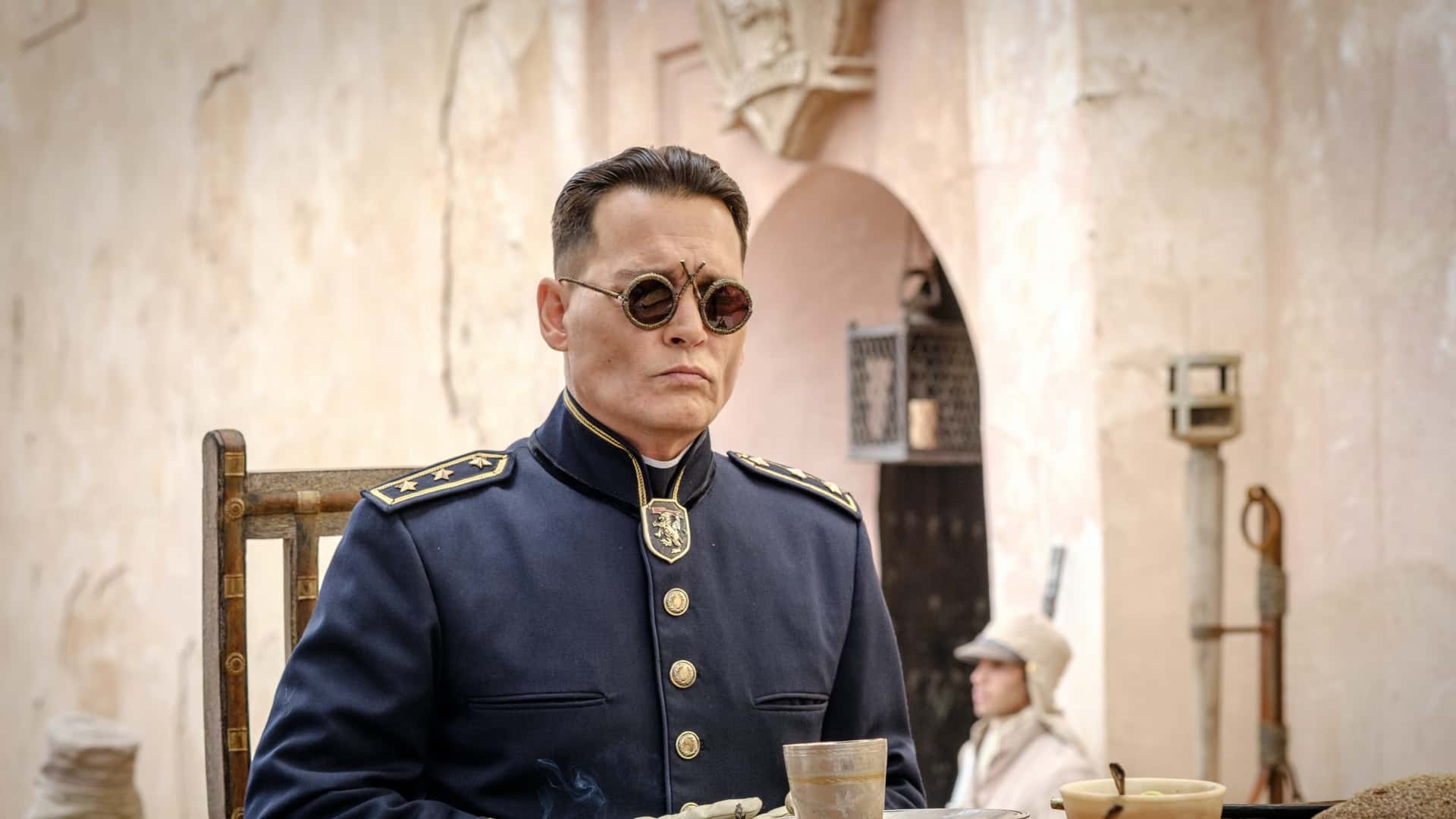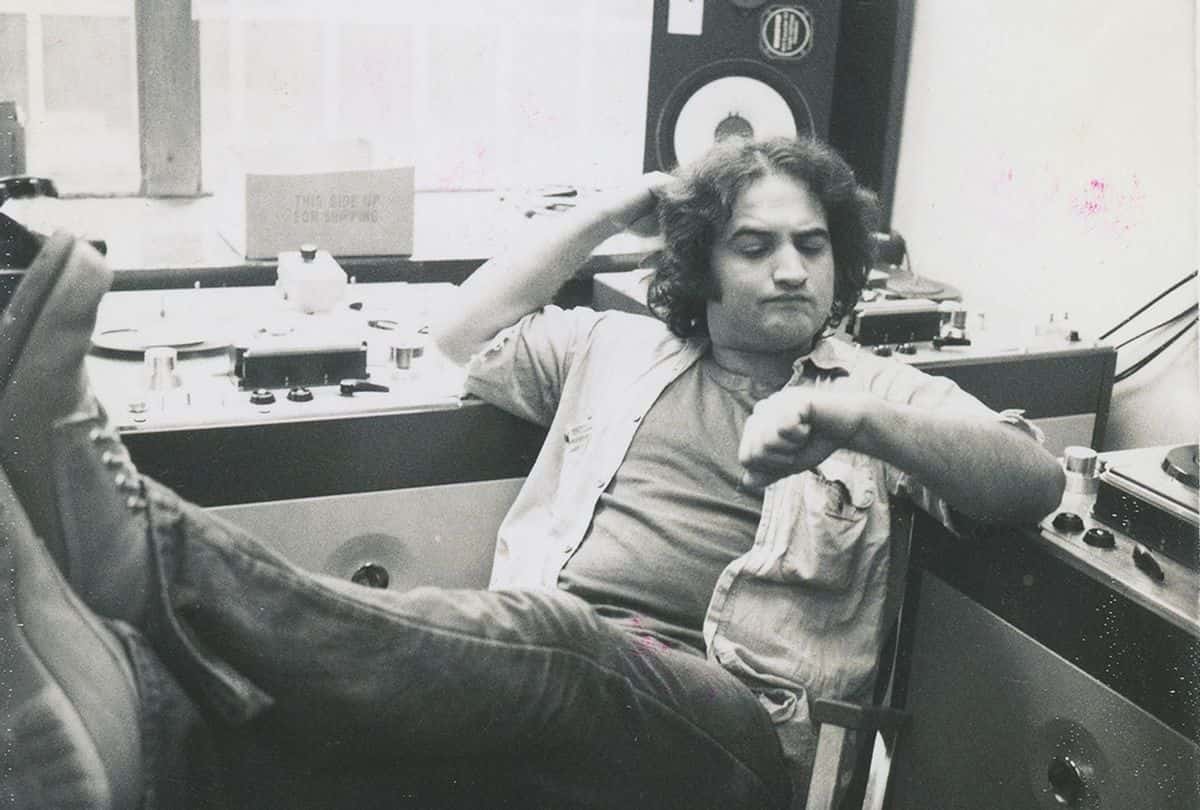Movie Review: The Platform
19th December 2020
Copyright: Netflix
Survival of the fittest is an interesting cycle. Only the strongest will survive, but who declares someone to be the strongest? The Platform takes this concept and applies it to great effect, pitting a relative number of petty criminals and volunteers looking to spend a year inside, in the hopes of receiving enlightenment, freedom, or forgiveness. A strong concept, the story devolves rather rapidly into underwhelming portrayals of political ideas that are far too obvious to work as anything poignant or engaging. Such wavering mediocrity should be expected from Netflix, but how frustrated it must feel to get inches away from acceptable levels of filmmaking, only to fall at the final hurdle.
Galder Gaztelu-Urrutia offers some solid and consistent direction, the expected tints of red light to showcase the climactic end are predictable, but contrast well with the bright lights of the high life. His main theme works to a definite degree. Characters who have adapted differently to the survival of the fittest nature, The Platform is a fairly obvious criticism of the trickle-down effect of economics. Rightfully criticised, Gaztelu-Urrutia has his heart in the right place but can’t follow through with anything of note.
Some of the subplots are rather erratic and all over the place. It’s hard to care for characters we’re introduced to only minutes before, and our leading lad isn’t quite up to the challenge of carrying the burdens of the film’s message. There’s plenty of metaphorical content appearing throughout The Platform, but none of it is fresh pastures, it’s all something we’ve heard and seen in other concepts. Every action or bit of dialogue feels like build-up to a generic blowout that sees Goreng (Ivan Massagué) paired with someone else, to showcase an array of different ideals. Each offers their underwhelming thoughts, peppered with holes of logical reasoning, but The Platform pigeonholes itself into fixing the issues it has invented, rather than the glaringly obvious, universal issues it highlights and ignores.
Not as much on the nose as it is blatantly obvious, The Platform has a faux concern for those at the bottom of society, and as it lowers itself from the high life to the depths of depravity, the message grows thinner. Its obvious connotations of classism can be grasped almost immediately, and that’s the goal for this film. Not to infer or discuss, but to showcase. It does so, but this mere example is begging for further analysis. When your audience has already experienced such similar plots, maybe there’s no point in explaining it to them. The rigmarole was paved long before with literature and finer arts, all The Platform does is stand next to it and act like part of the crowd.
![]()


